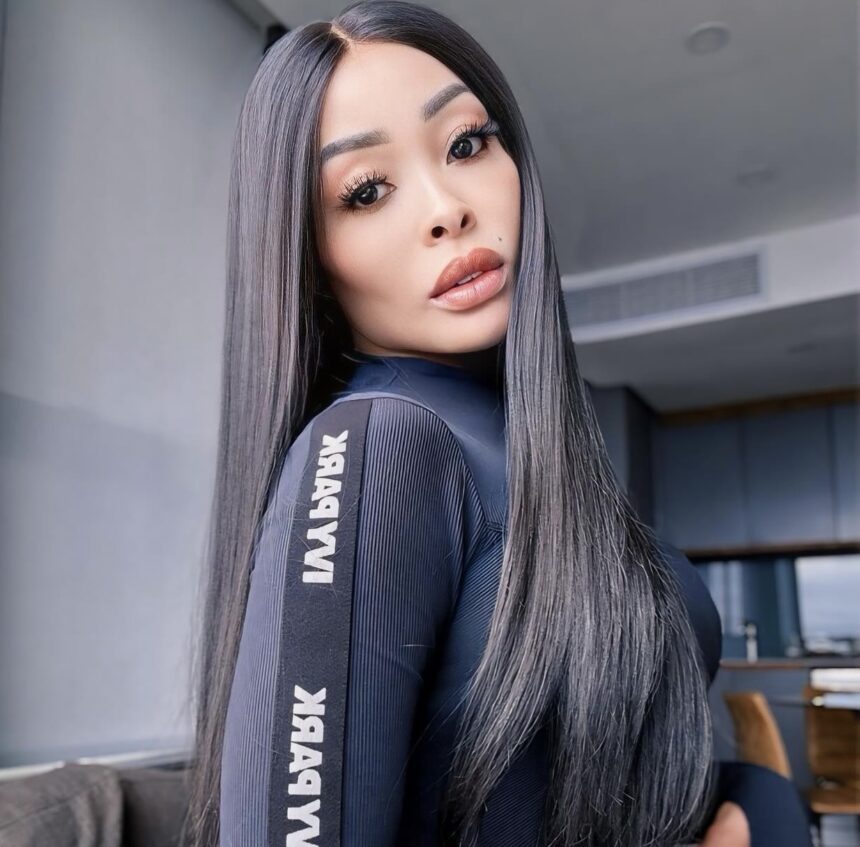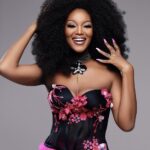Khanyi Mbau, the renowned actress and reality TV star, recently took a bold step in her ongoing journey of self-expression by undergoing blepharoplasty, a cosmetic procedure that reduces bagginess from the lower eyelids and removes excess skin from the upper eyelids. The six-hour procedure, which took place at Mono Clinic in Izmir, Turkey, promises minimal scarring and a recovery period of three weeks for bruises to subside, with full results visible after three months.
Khanyi Mbau, no stranger to cosmetic enhancements, has always been candid about her choices, which include botox, fillers, threads, veneers, liposuction, and breast augmentation. Yet, her latest procedure has reignited the conversation around cosmetic surgery and self-love—a topic she passionately addressed in a recent interview with TshisaLIVE.
“We first need to understand surgery and self-love have no relation. People have tried to cushion their discomfort about what they feel is taboo by labeling their projections and saying surgery is a result of a lack of self-love,” Khanyi asserted. “I am a naturally confident person, so any procedure has never been about self-love and self-confidence. I cannot also attach self-love to any needle or procedure. Self-love is not something you apply. Self-love is love. One needs to just be and let live, and then love flows.”
For Khanyi, beauty is more than skin deep—it’s a form of self-expression that evolves with her experiences and exposure to different cultures. Despite public speculation that her cosmetic choices stem from self-esteem issues, Khanyi remains unfazed, viewing beauty as subjective and deeply personal.
“Beauty is in the eye of the beholder. One’s beauty is not physical but a deep sense of self. Beauty is unspoken truth through the physical. It is one’s choice to express in any way they want,” she explained. “Cosmetic surgery is an expression of freedom of self-expression. I am not of this body; it only houses my soul. It’s my character that should define my values, not what I look like. Confidence is not being boxed by the norms.”
Khanyi Mbau’s message is clear: empowerment and self-acceptance are at the core of her philosophy. She encourages others to live life on their terms and, if they choose surgery, to do so for the right reasons. “I have a very strong support structure. I am not defined by what I see in the mirror but what I feel when I close my eyes or lie alone in the dark. That’s what my true self is.”
Her candidness extends to the notion that cosmetic surgery can become addictive. Addressing this concern, Khanyi dismissed the idea with her trademark wit: “It would be a very expensive addiction. I feel we all know what our desires are, and the drive to achieving them may come across as an addiction to someone who has no idea what I am about.”







